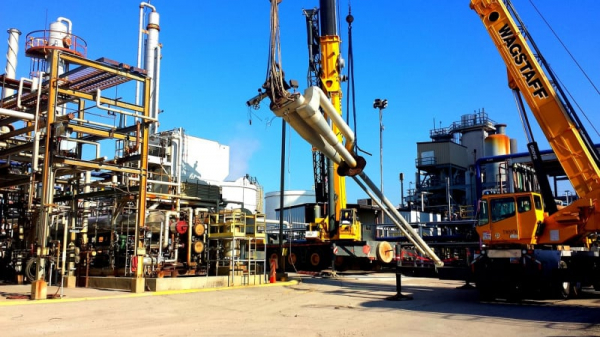More than 20% of the world's oil refineries are at risk of closure as gasoline profitability weakens and pressure to cut carbon emissions grows. This is reported by Reuters with a link to an analysis by the energy consulting company Wood Mackenzie.

► Read page Ministry of Finance on Facebook: main financial news
< p>Of the 465 oil refining assets analyzed, the consulting company estimated about 21% of global oil refining capacity in 2023 at some risk of closure.
Europe and China have the largest number of high-risk facilities, putting approximately 3.9 million barrels per day (b/d) of refining capacity at risk.
Europe has 11 facilities, accounting for 45% of all high-risk plants, the report says.
Around 30 European oil refineries have ceased operations since 2009, data from industry body Concawe shows. Currently, almost 90 remain in operation.
This series of closures was caused by competition from new plants in the Middle East and Asia, as well as the impact of the COVID-19 pandemic.
Gasoline profitability is expected to decline by the end of this decade due to lower demand and the easing of sanctions against Russia. Carbon taxes are also expected to kick in.
“Operating costs could rise so much that closure may be the only option,” said Emma Fox, senior analyst for Wood Mackenzie's petroleum and chemicals team.
“Operating costs could rise so much that closure may be the only option.” p>
Meanwhile, the giant Dangote oil refinery in Nigeria could end years of gasoline trade from Europe to Africa worth $17 billion a year. This puts additional pressure on European refineries, which are already at risk of closure due to increased competition.
In addition, 7 of the Chinese high-risk facilities are small private refineries. They are subject to stricter government regulations and compete with large integrated plants, which tend to be government owned and more technologically sophisticated.

